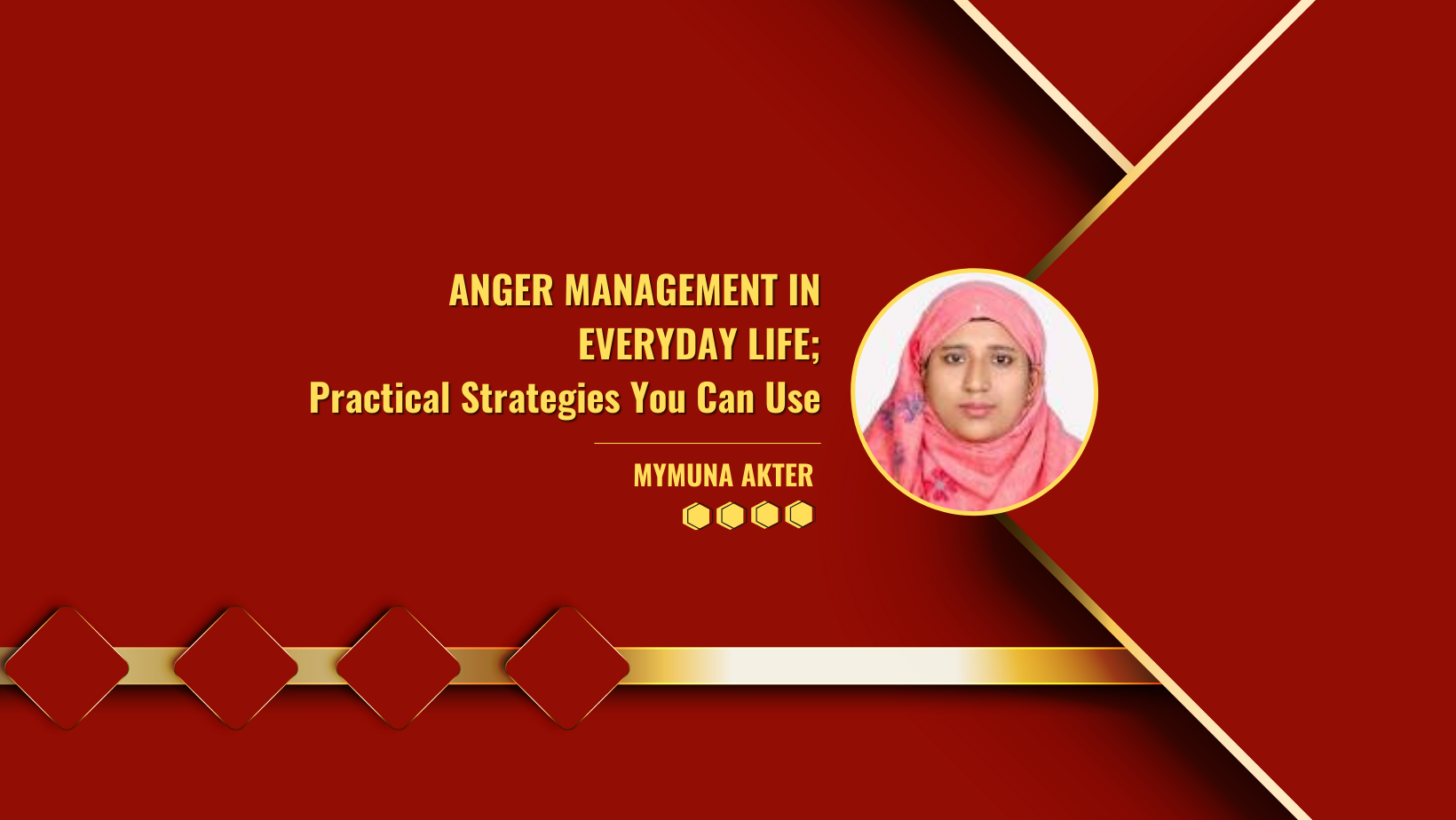Anger is a natural emotion that everyone experiences. It’s okay to feel angry at times, but how we handle and express that anger can greatly impact our lives and relationships.
Understanding Anger
Anger is a normal human emotion. It can be triggered by various situations, such as feeling frustrated, threatened, or being unfairly treated. When you’re angry, your body releases stress hormones like adrenaline, which can make you feel tense and ready to react.
It’s essential to remember that feeling angry is okay; it’s a part of being human. However, what’s important is how you express and manage your anger. Uncontrolled anger can lead to problems in your relationships, physical health, and overall well-being.
Techniques for Anger Management
- Recognize Your Triggers:
One of the first steps in managing anger is to identify the situations or people that trigger your anger. Is it stress at work, traffic jams, or a specific person? Knowing your triggers allows you to be more prepared and make changes to avoid unnecessary anger.
- Take Deep Breaths:
When you feel anger rising, take a deep breath. Deep, slow breaths can help calm your nervous system and reduce the physical symptoms of anger.
Take four breaths via your nose, hold them for four counts, and then release the breath through your mouth for four counts. Do this multiple times.
- Count to Ten
If you feel like you’re about to lose your temper, count to ten before reacting. This easy method can help you take a moment to relax and clear your head.
- Use “I” Statements
Instead of saying, “You make me so angry,” express your feelings using “I” statements. For example, say, “I feel frustrated when…” This can help you communicate your emotions without blaming others.
- Practice Relaxation Techniques
Engage in activities that help you relax, such as meditation, yoga, or deep muscle relaxation. These practices can reduce stress and make it easier to manage anger.
- Walk Away
If a situation becomes too intense, it’s okay to walk away. Taking a break can prevent saying or doing things you might regret later. Return to the issue when you’re feeling calmer.
- Seek Support
Talk to a trusted friend or family member about what’s making you angry. Sometimes, sharing your feelings can help you feel understood and provide a different perspective on the situation.
- Use Humor
Laughter can be an excellent way to diffuse anger. Try to find humor in the situation or use light-hearted humor to de-escalate tension.
- Problem-Solve
If there’s an ongoing issue causing your anger, focus on finding a solution. Identifying steps to address the problem can give you a sense of control.
- Seek Professional Help
If anger is seriously affecting your life and relationships, consider seeking professional help. A therapist or counselor can provide you with more in-depth strategies and support.
Anger is a part of life, but how you manage it can make a significant difference. By recognizing your triggers and using simple anger management techniques like deep breathing, counting to ten, and seeking support, you can lead a calmer and more peaceful life.
Remember that it’s okay to ask for help when needed, and with practice, you can master the art of anger management, making your everyday life much more manageable and enjoyable.

